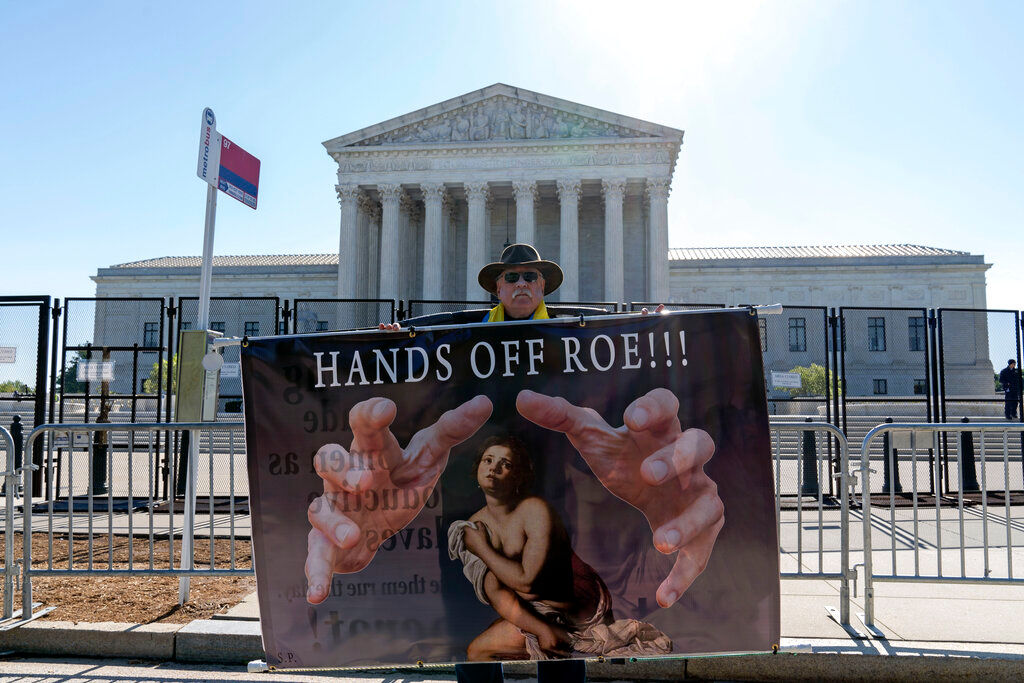The United States Supreme Court on Friday overturned the landmark Roe vs. Wade judgement that guaranteed safe abortion to women.
According to LGBTQ activists and supporters, the vote to overturn Roe v. Wade will have serious ramifications for vulnerable populations if privacy-related rights such as access to contraception or gender-affirming care are jeopardised.
Also read: List of all companies providing abortion travel benefits to US employees
President Joe Biden has frequently expressed alarm about the draught ruling since it was originally revealed by Politico, saying the issue is “a lot bigger than abortion.” He especially mentioned LGBTQ rights and contraception rights as being under attack.
The NCTE is mobilizing at the local, state, and federal levels, speaking to lawmakers about the impact a reversal could have on the transgender community. They are also calling on the Senate to pass the Equality Act, a bill that would expand protections for the LGBTQ community.
“Mobilization is actually working in solidarity with each other,” D. Ojeda, a senior national organizer for NCTE told NPR earlier in May.
Also read: How overturning Roe v Wade is a win for Justice Clarence Thomas
“There’s a level of violence that comes from forcing people to be pregnant. There’s another layer when you’re trans, you know, issues of gender dysphoria.”
According to Cathryn Oakley, senior lawyer at the Human Rights Campaign, the stakes are as high as they are plain.
“The court is opening the door to having things like contraception be put at risk,” Oakley added that many people were having formal acknowledgment of their constitutional rights revoked.
The Human Rights Campaign is advocating for local and national advocacy.
“What we really need now is outrage, anger and action for those among our community who are about to see the most destructive attack on our civil rights in a generation,” Oakley told NPR. “And we need to fight back by showing up by being in the streets by protesting for ourselves and the LGBTQ-plus community, and in solidarity with other folks who are having critical civil rights protections stripped away.”
Also read: Contraception, gay marriage next on Supreme Court’s hit list?
In a foreshadowing of what is to come, Supreme Court Associate Clarence Thomas recently stated that the court may reconsider matters that could imperil the rights of LGTBQ+ community.
“In future cases, we should reconsider all of this court’s substantive due process precedents, including Griswold, Lawrence, and Obergefell,” According to The Guardian, Thomas wrote in his concurring opinion to the verdict.
Griswold v Connecticut, decided in 1965, gave married couples the freedom to use contraception without government intrusion. In the Lawrence v Texas case in 2003, the Supreme Court declared that states may not outlaw sodomy. The Obergefell v Hodges case allowed same-sex marriage in 2015.







